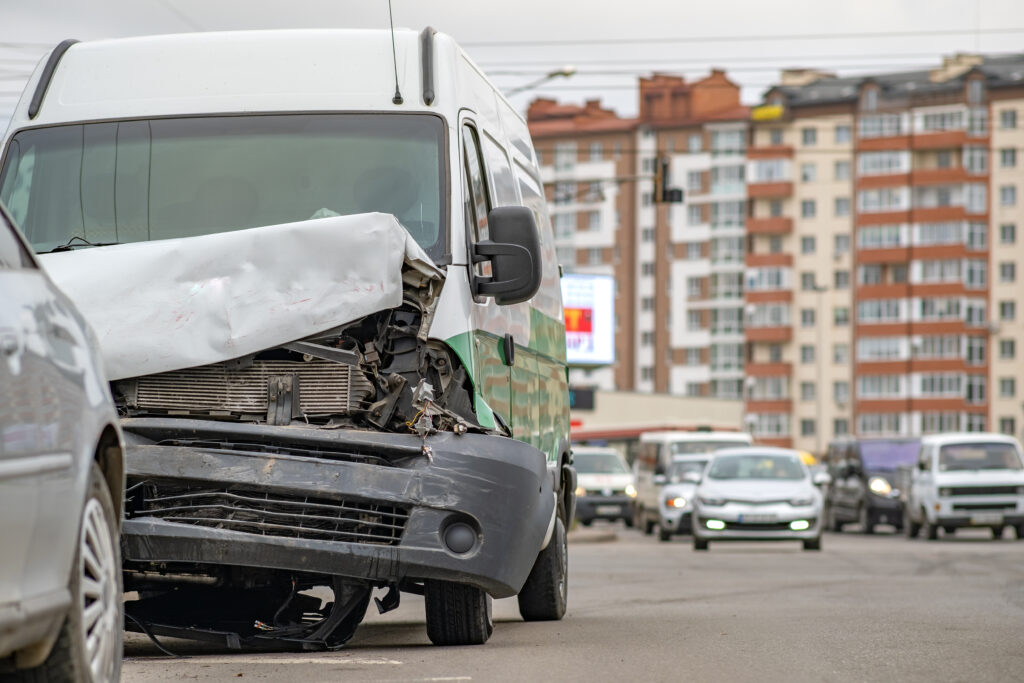The Role of Forensic Evidence in Modern Trials
When most people think of forensic evidence, crime shows and detective dramas might come to mind. But in real-life courtrooms, forensic evidence plays a vital role, not just in criminal cases, but in civil matters like personal injury lawsuits. From reconstructing accident scenes to proving negligence through scientific analysis, forensic techniques have become essential tools in the pursuit of justice.
At The Win Law Firm, we understand the powerful impact forensic evidence can have on the outcome of a trial. Whether you’re pursuing a personal injury claim or defending yourself against one, understanding how this type of evidence works can make all the difference.
What is Forensic Evidence?
Forensic evidence refers to any scientific or technical information used in the investigation or adjudication of legal matters. This can include:
- DNA Analysis: Used to link individuals to a scene or rule them out.
- Fingerprinting: A longstanding method for identifying individuals.
- Toxicology Reports: Determine the presence of drugs, alcohol, or toxins.
- Accident Reconstruction: Helps establish how and why an incident occurred.
- Digital Forensics: Examines electronic devices for relevant data.
- Ballistics and Toolmarks: Common in cases involving weapons or mechanical failures.
While originally developed for criminal investigations, these forensic tools are now just as valuable in civil trials, especially in personal injury lawsuits.
The Impact of Forensic Evidence in Civil Trials
Civil cases, particularly personal injury claims, often hinge on the ability to prove fault and damages. Forensic evidence can be used to:
- Establish Causation: Did a defective product cause the injury? A forensic engineer can testify.
- Determine Timing: For example, digital forensics might show when a distracted driver sent a text.
- Prove Negligence: Toxicology may reveal that a driver was under the influence.
- Quantify Injuries: Medical forensics can support claims of trauma or permanent disability.
In each scenario, having access to forensic experts and evidence can mean the difference between a successful claim and a failed one.
Real-World Examples of Forensic Evidence in Personal Injury Cases
Let’s break down a few hypothetical scenarios where forensic evidence plays a crucial role:
1. Car Accident
A client is injured in a multi-vehicle collision. While insurance companies argue over fault, forensic accident reconstructionists analyze skid marks, vehicle damage, and data from black boxes to piece together exactly what happened. This helps your attorney argue liability with precision.
2. Slip and Fall
A fall at a grocery store leads to serious back injuries. Surveillance footage and biomechanical experts are used to confirm the fall mechanics and the severity of injuries, debunking claims that the fall was staged or exaggerated.
3. Defective Product
A power tool malfunctions and causes injury. Forensic engineers examine the product to find a design flaw and trace its manufacturing history. That information helps prove the manufacturer’s liability in court.
In each case, forensic evidence doesn’t just support the claim, it can be the cornerstone of a winning strategy.
Why Courts Trust Forensic Evidence
The key reason courts rely on forensic evidence is its objectivity. While witness testimony can be subjective or flawed due to memory lapses or bias, forensic data is rooted in scientific methodology. Of course, the reliability of this evidence hinges on proper collection, handling, and expert interpretation.
That’s why attorneys at The Win Law Firm work with respected forensic professionals who understand the legal standards required for admissibility and credibility in court.
Challenges and Limitations
Not all forensic evidence is bulletproof. Some of the challenges include:
- Chain of Custody: Mishandling evidence can render it inadmissible.
- Interpretation Disputes: Experts may disagree on conclusions.
- Bias or Error: Even scientific methods are vulnerable to human error.
Understanding these limitations is crucial. A skilled attorney will know how to challenge weak forensic claims from opposing counsel and strengthen their own evidence through rigorous vetting and preparation.
Digital Forensics: A Growing Force in the Courtroom
One of the fastest-growing areas of forensic science is digital forensics. In personal injury law, this might involve:
- Phone records proving distracted driving
- GPS data confirming a driver’s location and speed
- Security footage showing the moment of an injury
This kind of evidence can solidify a timeline, prove recklessness, or even expose contradictions in a defendant’s story.

Forensic Evidence and Insurance Negotiations
Most personal injury cases are settled out of court, but that doesn’t mean forensic evidence isn’t critical. Insurance companies are more likely to settle quickly and fairly when faced with compelling forensic data that clearly points to fault or substantial injury.
At The Win Law Firm, we often use forensic evidence in negotiations to demonstrate that we’re prepared to go to trial and win. That kind of leverage often results in better settlement offers for our clients.
Choosing the Right Legal Team
Not every law firm has the resources or knowledge to effectively use forensic evidence. At The Win Law Firm, we:
- Work with leading forensic experts across disciplines
- Understand how to present technical evidence in a persuasive, jury-friendly way
- Have a proven track record of using forensic data to win complex personal injury cases
If you’re facing a personal injury situation, don’t leave your case to chance. Make sure your legal team understands how to use every available tool, especially forensic science, to your advantage.
Conclusion: The Future of Trials is Forensic
As technology advances, forensic evidence will only become more central to modern litigation. Whether it’s a high-tech reconstruction of an accident scene or a simple toxicology report, the ability to present clear, scientific evidence can dramatically strengthen your legal position.
If you or a loved one has been injured due to someone else’s negligence, it’s crucial to work with a law firm that knows how to use forensic evidence to get results.
Contact The Win Law Firm Today
Let us help you build the strongest case possible using every resource available, including expert forensic analysis. Reach out to The Win Law Firm today for a consultation with a Personal Injury Lawyer who knows how to win.
Disclaimer: This blog post is for informational purposes only and does not constitute legal advice. Always consult a licensed attorney for guidance specific to your case.

